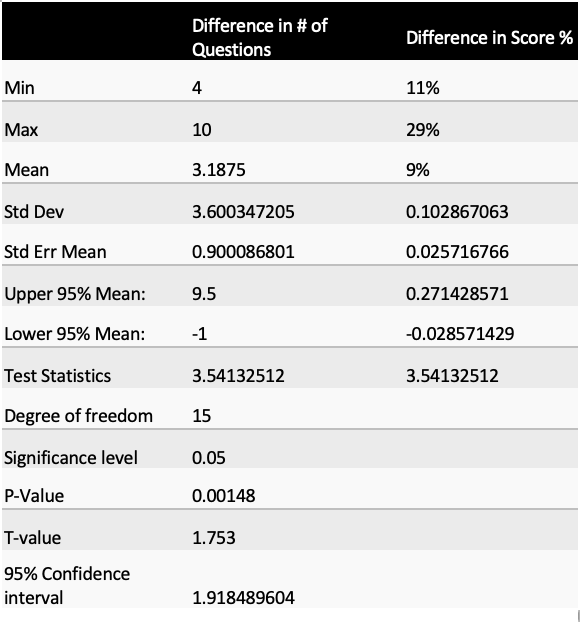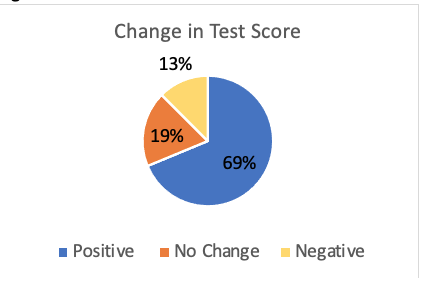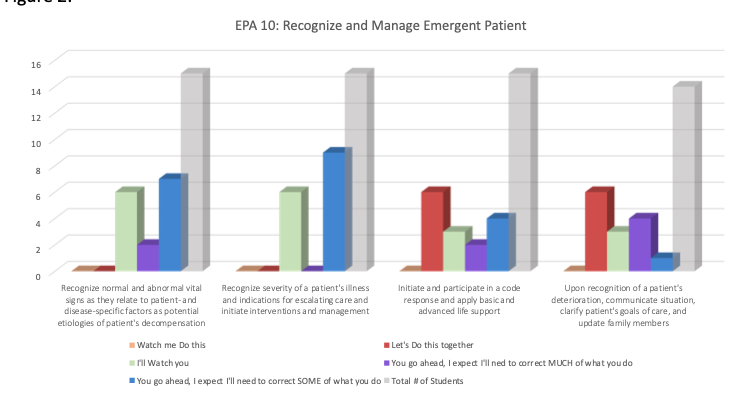Medical Education: Medical Student
Medical Education 12: Student 2
571 - Simulation Led Assessment of Entrustable Professional Activities (EPA) 10 for Evaluation of Residency Preparedness in Medical Students.
Publication Number: 571.326

Jazmin C. Garcia, DO (she/her/hers)
Pediatric Resident
Rutgers, Robert Wood Johnson Medical School
Paterson, New Jersey, United States
Presenting Author(s)
Background:
Entrustable Professional Activities (EPA), developed by the Association of American Medical Colleges, are a list of 13 core competencies medical students should be able to independently preform prior to entering residency. Assessment of proper evaluation of these core competencies would aid in the demonstration of entrustability in preparing to enter into residency. One of these core competencies, EPA 10, consist of recognizing a patient requiring urgent/emergent care and the initiate of proper evaluation and management; an important skill for an incoming resident to hone.
Objective:
Evaluate medical students going into a pediatric residency are deemed entrustable by providing educational simulations assessing their knowledge and preparedness in recognizing, evaluating and managing a critically ill pediatric patient.
Design/Methods:
Study evaluated 4th year medical students at Rutgers-Robert Wood Johnson Medical School accepted into pediatric residencies during the 2022 Medical Student Bootcamp Course. Objective (pre/post question based test) and subjective (student and preceptor surveys) evaluation were used gauge their ability to recognize and properly manage a critically ill pediatric patient within the following scenarios: Neonatal resuscitation, Status Epilepticus, Status Asthmatics.
Results:
Participation of 19 medical students accepted into a pediatric residency program were taken into consideration for evaluation. Only 16 of the students completed both pre and post-test for study evaluation. There was a 9% mean increase in the total test scores of the students and a 69% positive change in test scores (Table 1, Figure 1). Overall, Students indicated an increase in confidence and knowledge after completion. Preceptor evaluation demonstrated that students were able to recognize critically ill patients but required more assistance in managing the patient (Figure 2).
Conclusion(s):
Although the sample size is small the increase in post test scores indicates an increase in knowledge after the completion of the simulations. While many students indicated an increase in confidence and knowledge regarding recognizing and managing a critically ill patient after the completion of the simulations, many preceptors still noted that many required close observation in management. This validates the importance of continuing to have simulation led assessments of EPAs to deem medical students entrustable and ready to begin residency.



